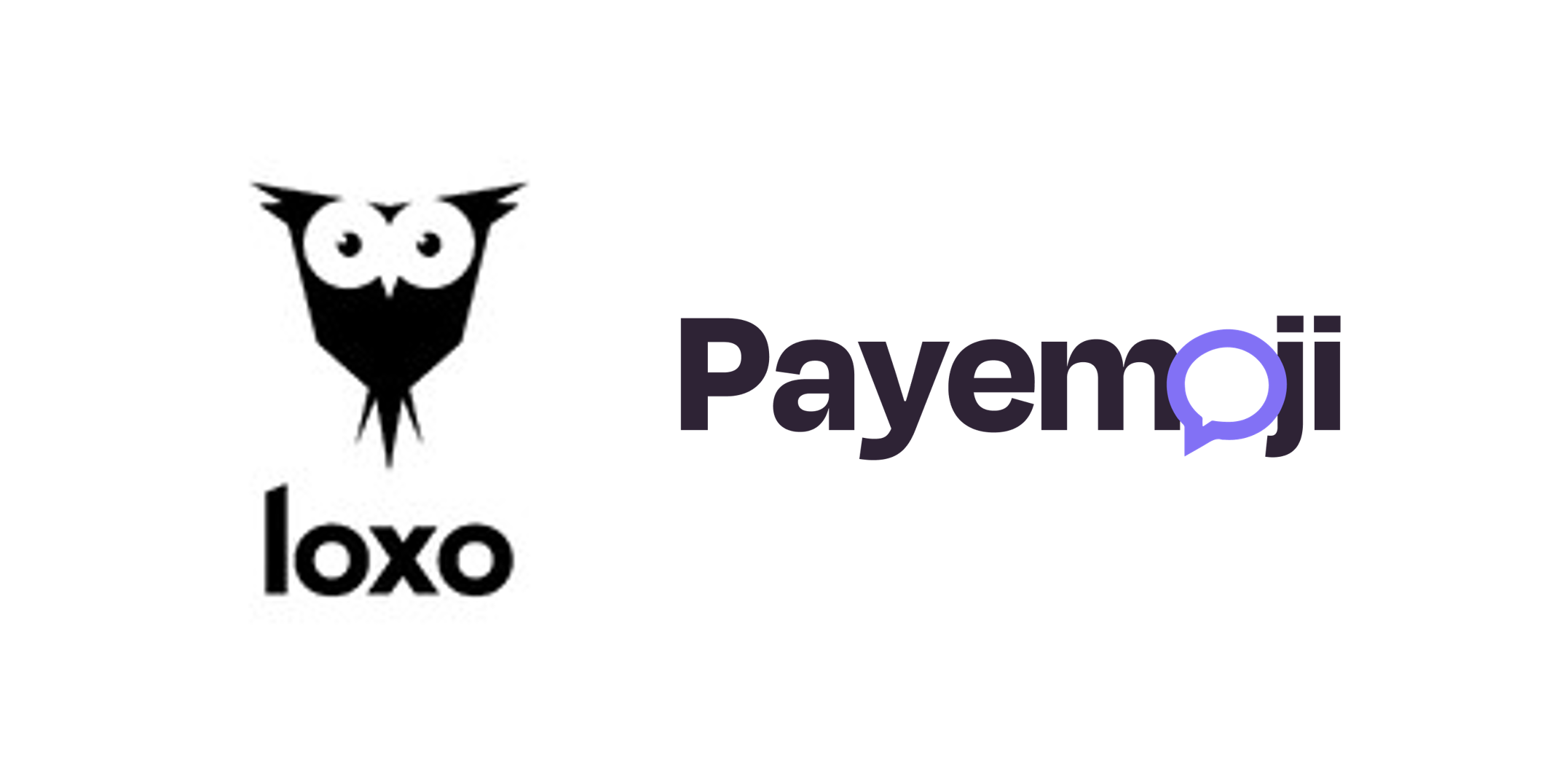Is A2P SMS GDPR Compliant?

Is A2P SMS GDPR Compliant?
Application-to-Person (A2P) Short Message Service (SMS), due to the ubiquitous support for SMS on every device, a crucial tool for businesses to engage with their customers. However, as data privacy regulations become more stringent, questions arise about the GDPR (General Data Protection Regulation) compliance of A2P SMS. In this blog, we delve into the intricacies of A2P SMS and explore the potential risks associated with GDPR non-compliance of this communication channel. We also compare to Business Messaging communications WhatsApp Business from a GDPR perspective.
Understanding how A2P SMS works
A2P SMS refers to the process of sending automated messages from applications / businesses to over a global SMS network (a series of global SMS aggregators) and delivered to individuals by their mobile service provider. These messages can include transactional notifications, marketing alerts, authentication codes, and more. A2P SMS is widely adopted across various industries due to its simplicity, ubiquity, and high open rates.
There are a few key elements on A2P SMS communications that can impact GDPR compliance:
- A2P SMSs are not encrypted. If intercepted, they can be read.
- A2P SMSs are delivered from Businesses to individuals through an A2P SMS aggregator globally. Note some domestic SMS are delivered through direct connects to mobile providers.
- There is no Verified Sender with A2P SMS. The Sender can be spoofed.
- Most A2P SMS communications are one way. This impacts how individuals can Opt in and Opt-out (unsubscribe).

Figure 1: A2P SMS communication in Clear Channel
Understanding how Business Messaging (e.g. WhatsApp Business) works
Business Messaging works differently from A2P SMS, as the communication is over the internet and is encrypted end to end, which has the benefit that if communication is intercepted it can not be understood. Business Messaging apps such as WhatsApp, Facebook messenger, Google RCS business messaging enables businesses to automate engagement through business platform services such as Payemoji.
- Business Messaging like WhatsApp are encrypted. If intercepted, they cannot be understood.
- Business Messaging are delivered from Businesses to individuals through the Internet.
- Verified Sender is available with Business Messaging.
- Business Messaging communications are interactive and two way. This makes Opt in and Opt out very easy to do directly in WhatsApp, Google messaging etc.

Figure 2: Business Messaging (e.g. WhatsApp Business) communication is encrypted.
GDPR Compliance and A2P SMS:
The GDPR, enforced in May 2018, aims to protect the privacy and personal data of individuals within the European Union. Any organization handling personal data, including A2P SMS service providers, must comply with GDPR regulations. Here's how A2P SMS fits into the GDPR framework:
Integrity and Confidentiality (Security):
Organizations must implement appropriate technical and organizational measures to ensure the security of personal data. This includes protecting against unauthorized access, disclosure, alteration, and destruction. How A2P SMS communications handles these versus Business Messaging has an impact on the GDPR compliance.
Data Transfer:
When transferring personal data outside the European Economic Area (EEA), organizations must ensure that the receiving country provides an adequate level of data protection or implement appropriate safeguards, such as Standard Contractual Clauses (SCCs) or Binding Corporate Rules (BCRs).
- A2P SMSs may leave the EEA or the geographic area if using a global A2P SMS provider, and a series of A2P aggregators, if not using a local interconnect.
- Business Messaging typically goes over the internet, however, is encrypted end to end.
Privacy by Design and Default:
Privacy considerations should be integrated into the development of new systems and processes from the outset (privacy by design). Additionally, default settings should prioritize the highest level of data protection. The biggest concern here is for A2P SMSs that are not encrypted and if intercepted may be read and understood, unlike Business Messaging such as WhatsApp business that maybe encrypted.
Consent and Transparency:
GDPR mandates obtaining explicit consent from individuals before processing their personal data. Businesses using A2P SMS must ensure that they have the recipients' consent to send messages, especially for marketing purposes. As most A2P SMS communication is one way, consent is typically done separately (e.g. a webform). Opt-out or unsubscribe is a tricky area for A2P SMS with one way and individuals can struggle to unsubscribe.
Business Messaging is inherently interactive and two way and it’s very easy using a Business Messaging platform such as WhatsApp Business platform to Opt-In, Opt-out and allow the individuals to query how their data is being used. Transparency in data processing is crucial. Informing users about the purpose of SMS communication, data retention policies, and providing opt-out options are essential for GDPR compliance.
Data Minimization:
A2P SMS and Business Messaging should only include the necessary information for the intended purpose. Collecting and processing excessive data beyond the scope of the message may violate GDPR principles.
Security Measures:
Businesses must implement robust security measures to protect personal data from unauthorized access, breaches, or misuse. This is impossible for A2P SMS as encryption and secure transmission channels are crucial aspects of GDPR compliance. Business Messaging on the other hand supports encrypted communications.
Data Subject Rights:
GDPR grants individuals certain rights, including the right to access, rectify, and erase their personal data. Businesses must have mechanisms in place to accommodate these rights and respond to user requests promptly.
Risks of Non-Compliance:
Financial Penalties:
Organizations found in violation of GDPR may face hefty fines, which can be a significant financial burden. Penalties are determined based on the severity of the breach and the organization's efforts to rectify the situation.
Reputational Damage:
Non-compliance with GDPR can lead to reputational damage, eroding trust among customers and partners. A damaged reputation can have long-lasting consequences for a business.
Legal Consequences:
Non-compliance with GDPR may result in legal actions and lawsuits. Businesses may be required to compensate individuals for any harm caused by the violation of their data protection rights.
Conclusion:
Ensuring GDPR compliance in A2P SMS and Business Messaging practices is not only a legal requirement but also a vital step in building trust with customers. Businesses must adopt transparent and ethical practices, obtain consent, secure data, and respect individuals' rights to mitigate the risks associated with non-compliance. There are concerns for Businesses that use A2P SMS communication with unencrypted communications, lack of verified sender and Opt-in / Opt-out within the channels. Businesses should consider the advantages of using a Business Messaging channel such as WhatsApp Business to improve their GDPR compliance.
Sounds Interesting – Get in touch now.
We would love to chat with you about how your business could benefit from OMNI channel messaging and WhatsApp business platform with 4X conversion. Get in touch with us at sales@payemoji.com and we will schedule a call.
So go ahead and join the conversation by taking advantage of the 23 hours that consumers spend per week on their Messaging Apps and use that to grow your Business.


